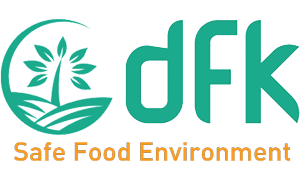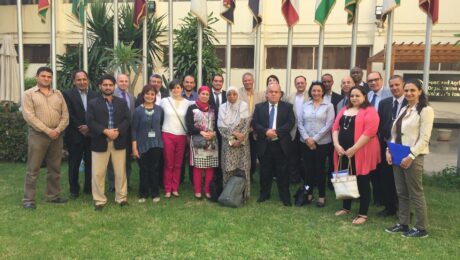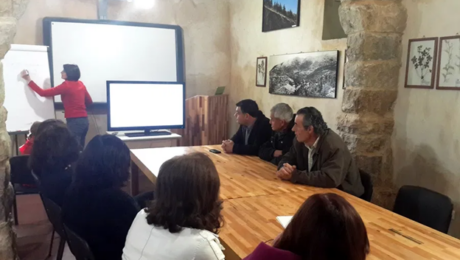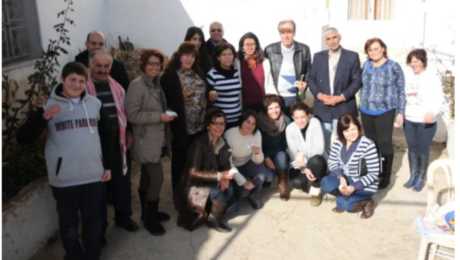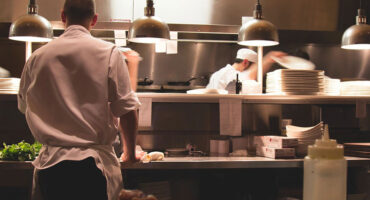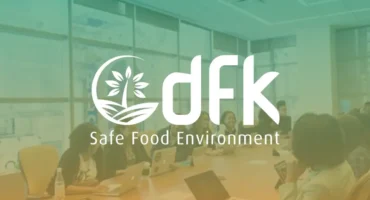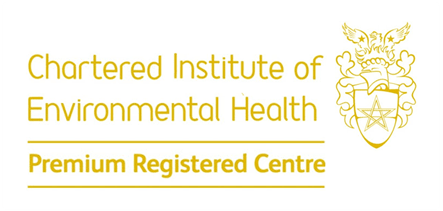Food labels review for entry to the US, EU and UK markets.
Expert group meeting on the scope and setting up of an Arab – Good Agricultural Practices (ARAB – GAP) framework
Wednesday, 01 June 2016
by Dr Faour Klingbeil
Cairo, Egypt, 31 May – 1 June 2016: The United Nations Economic and Social Commission for Western Asia (ESCWA), in cooperation with the Food and Agriculture Organization / Regional Office for the Near East and North Africa (FAO-RNE), organized an Expert Group Meeting on the Scope and Setting up of an Arab – Good Agricultural Practices (Arab – Gap) Framework, in Cairo during 31 May – 1 June 2016. The meeting brought together experts from government, non-government and private organizations with working experience in the areas of food quality and safety and good agricultural practices for improved food safety. The meeting was held within the framework of a project financed by the Swedish International Development Cooperation Agency (Sida), a component of which aims at promoting the adoption and use of GAPs for a responsible, effective and efficient food value chain in the Arab region. The meeting provided a platform to enhance understanding of GAPs and their relation to food safety and quality issues; review existing national, regional and international experiences; and exchange views on a proposed Arab-GAP framework. The meeting resulted in a set of conclusions on how an Arab-GAP framework could be structured, and what modalities need to be followed for its operationalization. Options were formulated on a way forward to promote the adoption of GAPs for improved food quality and safety in domestic food markets. Dr. Dima Faour-Klingbeil, ESCWA food safety consultant under the project, presented a preliminary proposal for the Arab-GAP as a third party voluntary scheme. In terms of scope, it is proposed that the Arab-GAP would cover fresh produce, being the most potentially hazardous foods that have caused recent outbreaks globally. Dr. Faour-Klingbeil noted that food safety systems have evolved over the past years and that the number of certified producers worldwide is increasing. She went on to briefly present the Arab GAP guide prepared by the Arab Organization for Agricultural Development (AOAD) in 2007, and which builds on the GLOBALG.A.P. framework. See the report here.
Training on Food Safety and Hygiene in Maasser el-Shouf – Lebanon
Saturday, 28 February 2015
by Dr Faour Klingbeil
On February 28, a training session on “Food Safety and Hygiene” was organized and delivered in Maasser el-Shouf for the hosts of Darb el Karam in the Higher Shouf region. The training was attended by homemade-moune producers and “table d’hote” and B&B managers. The training delivered by Dr. Dima Faour-Klingbeil covered the basic concepts of food safety and hygiene tailored to home cooking and moune making practices. The training is part of the USAID funded project entitled “Establishing A Food Trail in Higher Shouf and West Beqaa” in the framework of the Lebanon Industry Value Chain Development (LIVCD) Project. The food trail “Darb el Karam” is being implemented by the Environment and Sustainable Development Unit (ESDU) at the American University of Beirut and the Food Heritage Foundation in collaboration with the Shouf Biosphere Reserve (SCBR).
Training on Food Safety and Hygiene in West Bekaa – Lebanon
Saturday, 24 January 2015
by Dr Faour Klingbeil
On January 24 2015, a training session on “Food Safety and Hygiene” was organized in Ein Zebde B&B in West Bekaa – Lebanon. The training was provided by Dr. Dima Faour-Klingbeil and covered the basic concepts of food safety and hygiene tailored to home cooking and moune making practices. This interactive and participatory training targeted Mouneh producers, hosts of “Tables d’Hote” and owners of small family restaurants on the West Bekaa Food Trail. Attendees expressed their satisfaction with the training and the need for continuous lectures of the sort, especially in the wake of recent food safety issues. This workshop is part of the USAID funded project entitled “Establishing A Food Trail in Higher Shouf and West Beqaa” in the framework of the Lebanon Industry Value Chain Development (LIVCD) Project. The food trail is being implemented by the Environment and Sustainable Development Unit (ESDU) at the American University of Beirut and the Food Heritage Foundation in collaboration with the Shouf Biosphere Reserve (SCBR).
- 1
- 2
